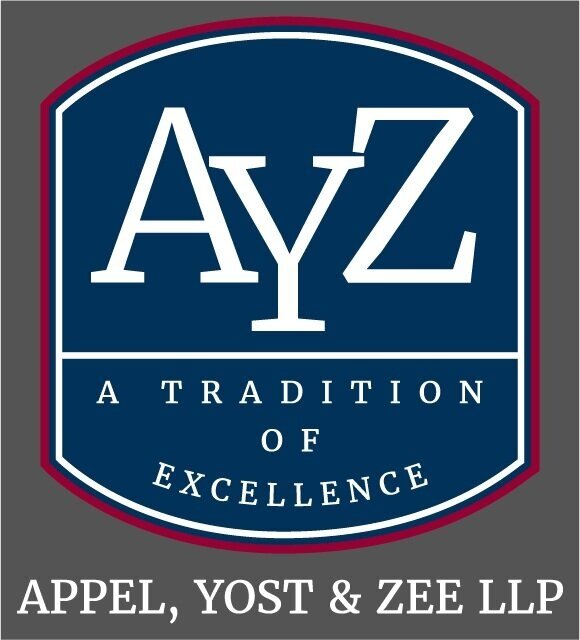SCOTUS Eliminates Chevron Deference
By Michael W. Lewis
July 1, 2024
On June 28, 2024, the United States Supreme Court eliminated a foundational legal principle that has been instructional for regulatory interpretation for forty years. The Court’s 6-3 decisions in Loper Bright Enterprises v. Raimondo and Relentless, Inc. v. Department of Commerce (the “Loper Bright” decision) reversed its 1984 decision in Chevron v. NRDC, in which the court cemented a legal principle on how to interpret ambiguous law.
This principle, known as Chevron deference, instructed lower court judges to defer to a federal agency’s interpretation of ambiguous laws written by Congress, so long as that interpretation was reasonable. In practice, these agencies (i.e., the Clean Air Act, Safe Drinking Water Act, Fair Labor Standards Act, and Food and Drug Act) use their expertise to translate Congress’ vaguely worded instructions into regulations that protect our air and water, ensure the safety of our food, medicines, and workplaces, and provide for economic competition. Because of *Chevron *deference, Americans could comfortably rely on scientists and other experts in these respective agencies to carry out Congress’ instruction based on their knowledge of the relevant laws and regulatory programs.
With the Loper Bright decision, instead of relying on those charged with implementation of Congressional regulations, review and interpretation of ambiguous statutory language is now the task of Congress and judges presiding over a given matter. Critics of Chevron deference argue that the doctrine gave federal agencies too much power, violated the separation of powers among the branches of government, and that it was too easy for courts to find ambiguity in text and defer to government agencies.
The Loper Bright decision does not call into question prior cases that relied on the Chevron framework, as the holdings of those cases that specific agency actions are lawful still stand. However, moving forward, agencies will need to turn to Congress and the courts in determining whether it has acted within its statutory authority in terms of enforcement and oversight.
Should you have any questions regarding this decision, please do not hesitate to contact Mike Lewis.
